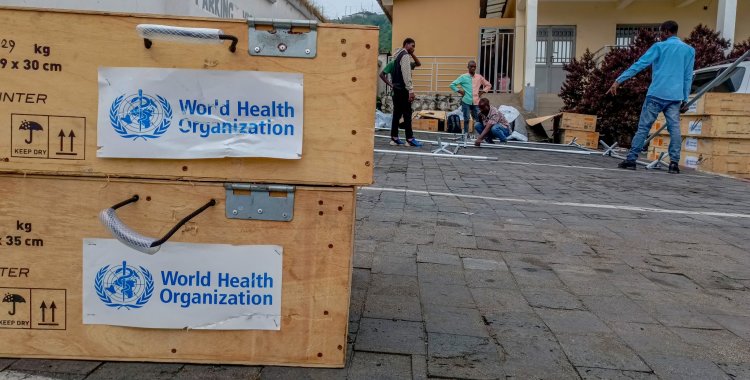The article written by six researchers from Angolan and Brazilian universities in the scientific journal states that countries like Angola depend heavily on support from the WHO, which leads initiatives to combat communicable diseases, including malaria, HIV/AIDS, tuberculosis, and other emerging infectious threats, with the United States being a "substantial" financial contributor.
In the first days of his second term, US President Donald Trump suspended all international aid for 90 days, with the exception of humanitarian food programmes and military aid to Israel and Egypt, and announced his withdrawal from the WHO.
Angola was the second Portuguese-speaking country to receive the most aid from the United States Agency for International Development (USAID) in 2023, after Mozambique, and last year signed a new agreement for the period 2024-2027 that provided for total funding of 235 million dollars, with programs aimed at combating malaria and improving health, as well as energy and support for women farmers.
In the article, Mauer Gonçalves, Humberto Severin de Morais, Cristiana Furtado, Rafael Lacerda, Júlio Claudino do Santos and Howard Júnior highlight that the US withdrawal from the WHO jeopardizes the financing of vaccines, surveillance systems and other essential health care.
"A breakdown in these mechanisms could lead to delays in response during outbreaks, reduced vaccination coverage and increased morbidity and mortality rates," the academics point out, noting Angola's "limited capacity" to independently manage complex health crises.
In addition to the lack of resources in health infrastructure, WHO capacity-building and training programmes have been essential to strengthening epidemiological surveillance and response capacity.
"Without this support, Angola and other similar countries may struggle to effectively detect and mitigate health threats, which could have regional and global repercussions," the article highlights.
The researchers also point to social implications, as greater pressure on health systems could worsen poverty, due to increased household expenditure, loss of productivity due to illness and diversion of income towards health care, compromising schooling.
"These combined challenges risk deepening inequalities and undermining progress towards the Sustainable Development Goals in the region," they continue, noting that for Angola, "the immediate consequence is a precarious gap in support during a time of growing uncertainty in global health."
In the article, they also call on the international community, including regional organizations such as the African Union, to "mobilize to address this potential gap" and advocate prioritizing sustained funding and technical support for WHO initiatives in sub-Saharan Africa to safeguard public health and regional stability.







